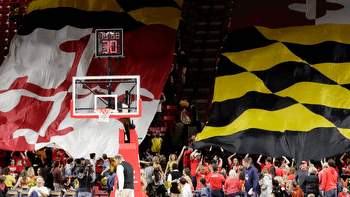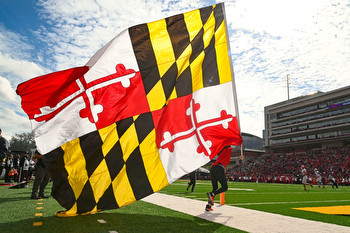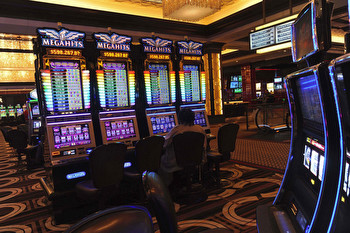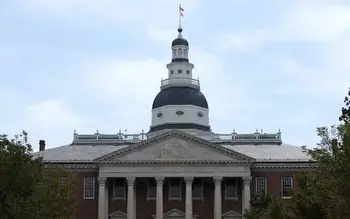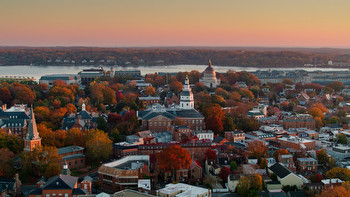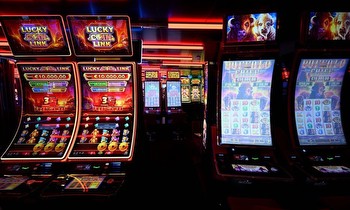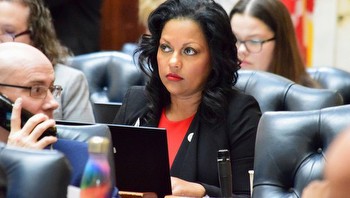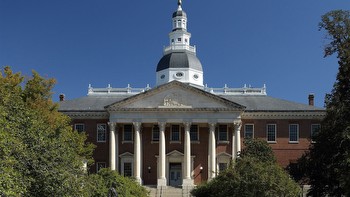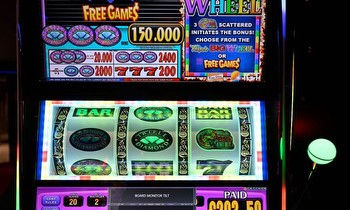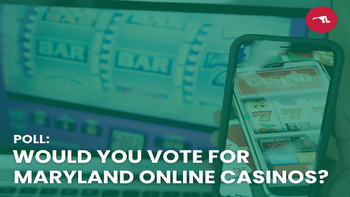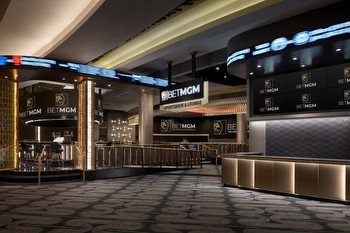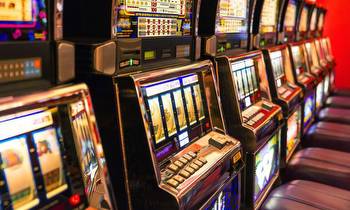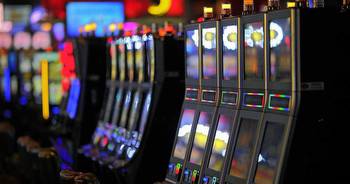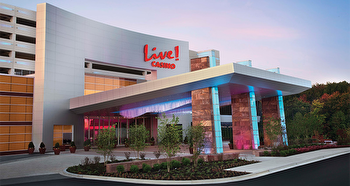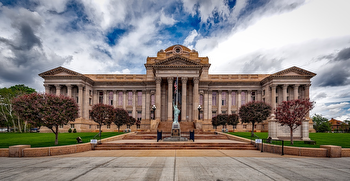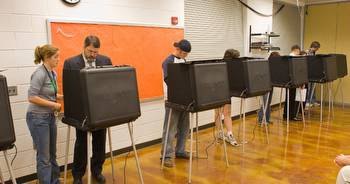Maryland Will Vote To Legalize Online Casinos In 2024
Maryland is gearing up for a crucial vote determining whether online casinos will be legalized in 2024.
This is a significant moment in the state’s gambling laws and regulations, which have undergone numerous changes over the years to keep up with the industry’s evolving landscape.
From establishing brick-and-mortar casinos to introducing online sports betting, Maryland’s legislative framework has been shaped by a series of bills related to the gambling industry.
This article will examine these bills and their impact on the state’s gambling landscape.
Historical Overview of Gambling Bills in Maryland
Maryland has had a dynamic journey concerning gambling legislation, marked by significant changes in attitudes and regulations.
There have been several bills related to gambling introduced in Maryland that failed to see the light of day. Still, the turning point came in 2008 when inhabitants voted in favor of a constitutional amendment to allow slot machines at five casino locations.
This marked the beginning of Maryland’s journey towards becoming a pro-gambling state. In 2012, Maryland residents voted to allow table games at casinos, opening the doors for games like poker, blackjack, and roulette.
While historically, Maryland held conservative views on gambling, the late 20th and early 21st centuries saw a shift in Maryland’s stance. As neighboring states began to see economic benefits from legalized gambling, Maryland started reconsidering its position.
The primary motivators behind this shift included potential job creation, increased tourism, and additional revenue for the state.
Maryland has several physical casinos, including the MGM National Harbor, Horseshoe Casino, and Live! Casino and Hotel, Ocean Downs, Rocky Gap Casino Resort, and Hollywood Casino.
Additionally, online sports betting is now live in Maryland, with several top sportsbooks making their presence felt in the state, including DraftKings, Caesars, BetMGM, FanDuel, and BetRivers. Maryland has completed its first entire NFL season with online sports betting available and legal.
The evolution of Maryland’s stance on gambling, from physical casinos to online sports betting, reflects broader changes in societal perspectives and economic considerations. It also sets the stage for the upcoming vote on online casinos in 2024.
The Economic Impact of Gambling in Maryland
In January 2023, despite a drop in legal sports betting activity and profits, the state’s government saw a surge of almost 400% in tax revenue. This remarkable increase was primarily due to decreased promotions and the growing number of operators.
The gambling industry has played an integral role in bolstering job creation and spurring economic development in Maryland, which is home to several commercial casinos that will employ approximately 38,000 individuals by the end of 2021.
The Potential of Online Casinos in Maryland
It has been found through a study by The Innovation Group that if Maryland online casinos were to come into existence, they could generate over $900 million in operator revenue and contribute up to $300 million in taxes to the state by 2029. This could help Maryland close an expected budget deficit.
While the projected economic benefits of legalizing online casinos in Maryland are significant, there are also concerns associated with it., one of which is problem gaming.
However, supporters argue that online gaming can help monitor betting amounts and offer the ability to freeze accounts, providing more tools and better reach to bettors for support.
The Social Impact of Gambling in Maryland
Gambling is a popular source of entertainment and revenue, but it can also cause significant social issues.
Gambling addiction leads to financial difficulties, mental health problems, and strained relationships.
In Maryland, 33% of high school students gamble, and of that group, 30% will develop a gambling problem. This shows that addiction is a significant concern when it comes to gambling.
Studies also show a high percentage of US Veterans struggle with disordered gambling, a rate two to three times higher than the general population. Additionally, 2% of older adults in Maryland are problem gamblers.
To combat the issue of problem gambling, the Maryland Center of Excellence on Problem Gambling is working to promote healthy gambling choices and awareness through public campaigns, training and education, avoidance, technical support to the behavioral health care system, peer recovery support, research, and public policy.
However, the state needs to take more comprehensive measures to address the issue,
like teaching people how to gamble responsibly and also providing vital support to those who are struggling with addiction-related issues.
As addiction rates continue to rise, it becomes imperative to take urgent action to combat the issue. Before considering the legalization of iGaming, Maryland must establish effective measures to ensure its residents can readily access the quality assistance they need.
The Future of Online Casinos in Maryland
Maryland State Senator Ron Watson is continuing his effort to legalize online casinos in the state. In 2023, the bill was introduced as SB267; this year, it was filed as SB603.
If the bill gets approved, online casinos would require voters’ approval in Maryland. In addition to passing SB603, lawmakers would also need to approve SB565 to allow the voters to decide on the issue of online casinos.
The updated bill language would permit state casinos and VLT operators to offer online casinos, and five additional licenses would be available to companies headquartered in Maryland for at least ten years and own at least a 5% interest in a VLT operator.
Licensees will have to pay $1 million for a five-year license, and operators will be taxed at 47% of adjusted gaming revenue.
Four of Maryland’s six retail casino operators, including MGM Resorts International, Caesars, Cordish Companies, and Penn National, will back up the bill since they already operate in the state.
Frequently Asked Questions (FAQs):
Will Maryland legalize online casinos?
A Maryland bill proposes to leave iGaming to voters on the November 2024 ballot.
How long has gambling been legal in Maryland?
Gambling in Maryland has a rich history when it comes to horse racing. The Preakness, the second leg of the Triple Crown, has been held in Baltimore since 1873, and gambling was only recently decriminalized in 2019, allowing for more opportunities in the industry.
How much will an online casino license cost in Maryland?
Maryland has recently updated its bill language, allowing licensed casinos and VLT operators to provide online casino services. As part of this update, licensees will be required to pay a fee of $1 million for a five-year license.
How many casinos does the state of Maryland have?
Maryland has six casinos throughout the state.
Conclusion
Despite the substantial economic impact of gambling in Maryland, including tax revenues and job creation, legalizing online casinos presents significant challenges that can’t be overlooked.
The 2024 vote represents a pivotal moment for the state. If the bill passes, it could open up new economic opportunities.
As Maryland stands on the cusp of this decision, the results will undoubtedly shape the future of online casinos in the state.
Overall, it’s an exciting time for the industry, and we can’t wait to see what the future holds.








